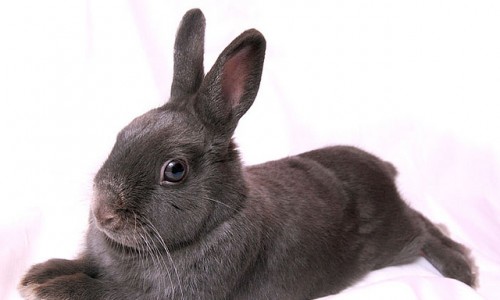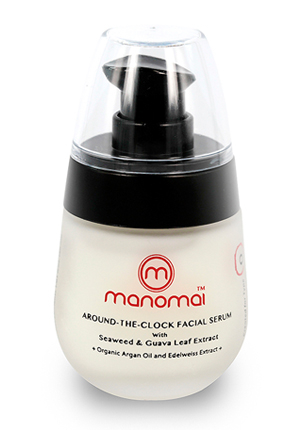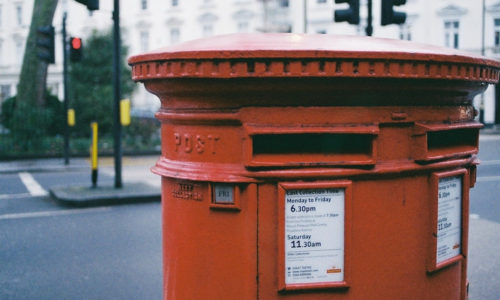Suu Kyi welcomes Cameron’s call to suspend Burmese sanctions

David Cameron has met with Burmese opposition leader Aung San Suu Kyi in a joint press conference discussing the promising recent developments of the country.
Cameron is the first British prime minister to visit Burma since 1948, and his stay comes on the heels of successful by-elections in which Suu Kyi’s National League for Democracy won 43 out of 44 seats.
Speaking from Suu Kyi’s villa in Rangoon, the same in which she was under house arrest for 15 years, Cameron – though emphasising that the arms embargo on Burma should remain – said that he believed remaining sanctions should be temporarily suspended. This move would free up the assets of hundreds of people and lift restrictions on key industries. Cameron stressed the importance of supporting change in Burma, which would promote the growth of the economy, democracy and human rights in the nation.
While there is still a long way to go, and there is sure to be risk involved, he felt confident that this was the right step forward. EU foreign ministers will discuss policy towards Burma on 23rd April, and, should they decide favourably, sanctions are due to expire on 30th April.
Whilst under the near 50-year rule of the military junta, strict sanctions were imposed on Burma by the international community, leaving the south-east Asian nation one of the most politically and economically isolated in the world. However, after elections in 2010, a civilian military-backed government was installed, followed by reforms that have been seen as a positive move to many.
Suu Kyi welcomed Cameron’s call for change, voicing her belief that the suspension of sanctions would strengthen the path to reform. She echoed the message that while recent steps taken by Burmese president Thein Sein were positive and she believed them to be genuine, this move was in no way definite and there was strong possibility of the sanctions being reinstated.
“We still have a long way to go but we believe we can get there,” she stated.
Cameron also invited the “inspirational” Suu Kyi to visit Britain in June. This would reunite her with her UK-based sons, but would also be a gauge of the Burmese regime’s dedication to change. Previously, had she left Burma she would never have been allowed to return; as a result, she has not left the country since the 1980s.
She added, “Now I am able to say perhaps. That is great progress.”
Sophie Mihell-Hale























Facebook
Twitter
Instagram
YouTube
RSS